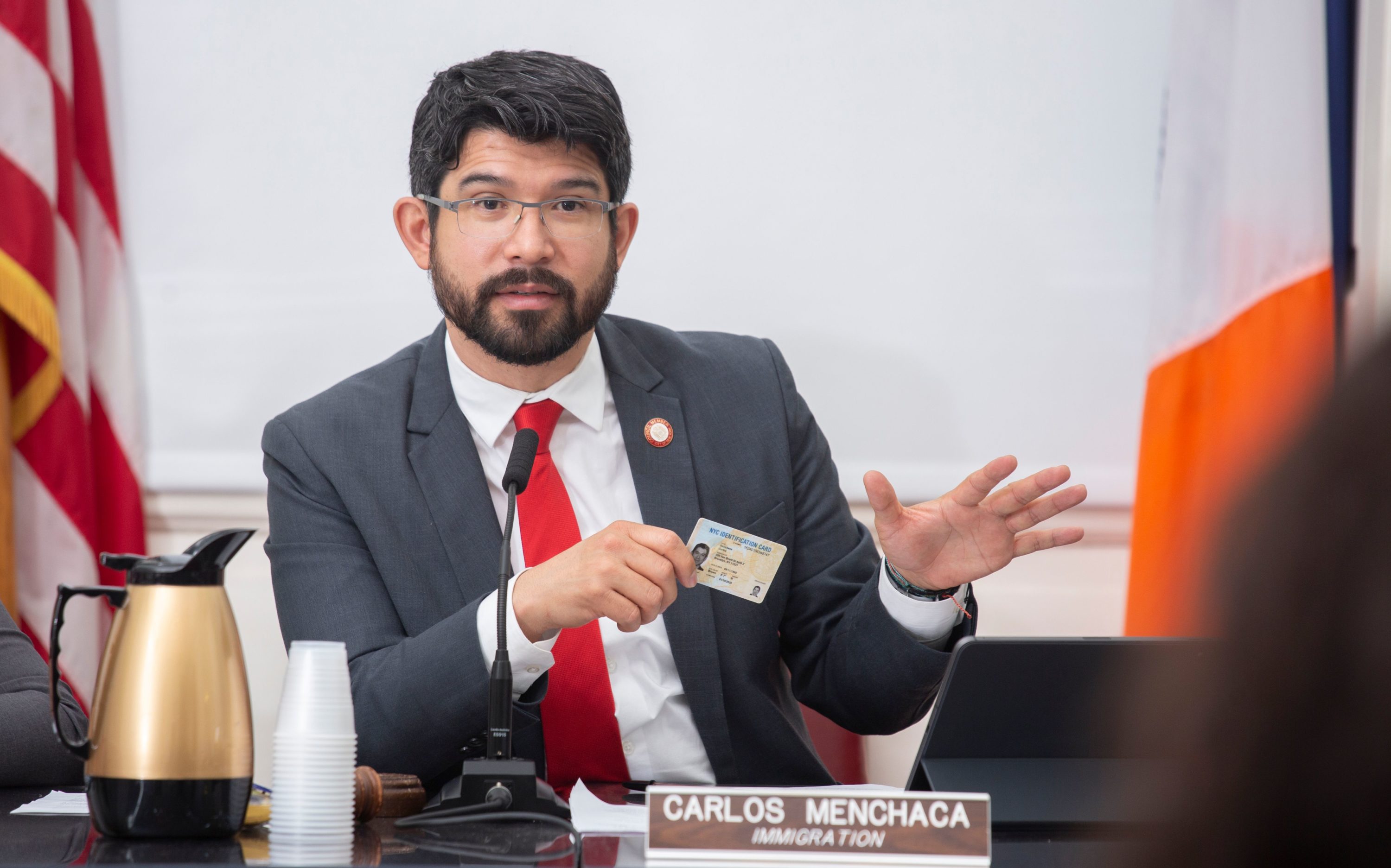City’s IDNYC smart card chip plan slammed as security risk

City Councilmember Carlos Menchaca. Photo: William Alatriste for the New York City Council/Flickr
This story was originally published on Sept. 13 by THE CITY.
Pushback against adding a banking chip to new IDNYC cards intensified Thursday, with a demand from immigration, civil liberties and consumer groups to scrap the effort and introduction of a City Council bill to block it.

